Living with OCD is like being trapped in a loop of relentless thoughts and rituals. Not just “being neat” or enjoying order, but an exhausting cycle that impacts relationships, work, and well-being. Yet, with understanding, support, and the right therapies, life with OCD can be fulfilling and vibrant.[1][2]
What Does OCD Feel Like?
You wake up with a nagging worry about germs. Did I touch something dirty? The thought sticks, growing louder. To quiet it, you find yourself washing your hands, not once, but over and over. And even when the anxiety fades for a moment, the obsessions return—even stronger. This is the lived reality for many people with OCD.
- Obsessions: Persistent, distressing thoughts—contamination, causing harm, order, or even taboo topics.
- Compulsions: Repeated actions (washing, checking, arranging, counting) or silent rituals (mental checking, prayers) meant to neutralize anxiety.
These aren’t fleeting quirks—they invade hours each day, making normal routines feel impossible.
Breaking Myths
Many still equate OCD with perfectionism, but the truth is deeper. OCD can disrupt work, school, and relationships—it’s among the most disabling health conditions globally, as per the World Health Organization. In India, prevalence is lower, but under-diagnosis and stigma might play a role.
How Does OCD Develop?
It’s not anyone’s fault. Research points to several causes:
- Brain circuits (orbitofrontal cortex, basal ganglia, anterior cingulate) behave differently.[1]
- Serotonin imbalance makes symptoms persistent.
- Genetics matter: OCD runs in families.
- Environmental triggers: Childhood trauma, long-term stress, and infections can contribute (see conditions like PANDAS).
- Personality traits: Perfectionism and rigidity increase vulnerability.
Diagnosis and Getting Help
OCD is diagnosed using frameworks like DSM-5 or ICD-11—by a qualified psychologist or psychiatrist. The process includes:
- Ruling out similar disorders (anxiety, depression, psychosis, tics).
- Using scales like the Yale-Brown Obsessive Compulsive Scale for severity.
The most important step: You’re not alone. Early diagnosis is the foundation of recovery.
Everyday Struggles: Real Stories
Even famous personalities openly discuss their struggles, showing that OCD affects all walks of life:
- Leonardo DiCaprio: Compulsions like stepping on gum stains—he channelled this for his role as Howard Hughes in The Aviator.
- David Beckham: Insists on perfect order and symmetry in his home.
- Howie Mandel: Manages severe germophobia, talking openly about therapy and medication.
- Indian Stars: Hrithik Roshan, Vidya Balan, Karan Johar, Varun Dhawan—all have shared their OCD journeys.
Pathways to Recovery
- Psychotherapy
- Cognitive Behavioural Therapy (CBT) with Exposure and Response Prevention (ERP) is the gold standard—learning to face and resist those obsessions until anxiety lessens.
- Medication
- Selective Serotonin Reuptake Inhibitors (SSRIs) like fluoxetine or sertraline, and, in severe cases, drugs like clomipramine.
- For tough cases: antipsychotics or advanced options (TMS, DBS).
- Lifestyle Interventions
- Mindfulness, meditation, exercise, sleep regulation.
- Support groups—both virtual and in-person—help reduce isolation.
- Digital Therapy
- App-based CBT and ERP make therapy easier to access, especially from remote locations.
Ancient Wisdom: Ayurveda and Homoeopathy
- Ayurveda: Sees OCD as an imbalance of Prana Vata. Treatment combines cleansing therapies (Panchakarma, Nasya, Shirodhara) and calming herbs such as Ashwagandha and Brahmi. Yoga, meditation, and a Sattvic diet support healing.
- Homoeopathy: Focuses on emotional and psychological constitution, prescribing remedies tailored to unique symptoms—Arsenicum album, Pulsatilla, Nux vomica. These complement psychological therapies for gentle relief.
Hope and Living Fully
Recovery starts with acceptance and seeking help. OCD can be chronic, but it’s highly manageable. Therapy, support, and resilience pave the way to normalcy. Family and friends play a vital role—through empathy, patience, and reduced stigma.
Even when it feels overwhelming, remember: Millions have reclaimed their lives with therapy, medication, and support. Seeking help is a sign of strength, not weakness.
Ayurvedic Herbs for Wellbeing in OCD
A visual reminder: These herbs are traditionally used in Ayurveda to aid mental clarity and reduce anxiety—Ashwagandha, Brahmi, Jatamansi, Shankhpushpi.
Final Thoughts
OCD isn’t about being perfect—it’s about the courage to face your mind’s relentless cycles and find healing. Modern medicine, ancient wisdom, and technology offer clearer paths to recovery each day. If you or a loved one struggles, reach out. There’s hope, always.
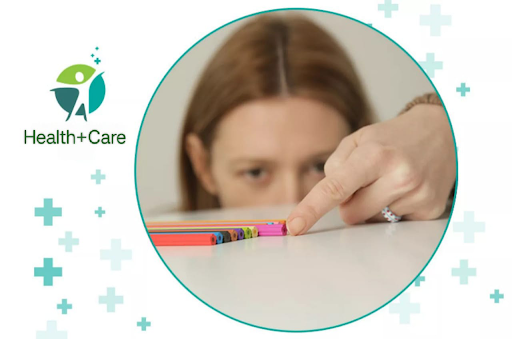












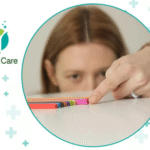

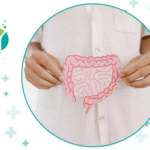




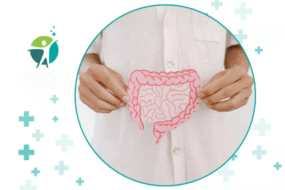

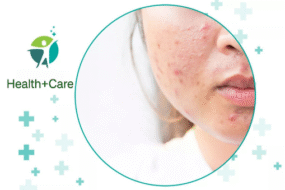
No Comments